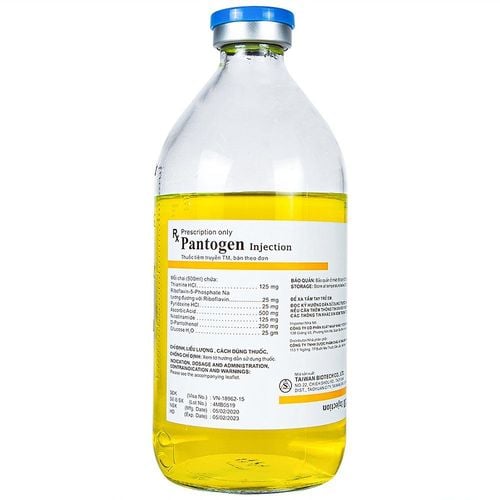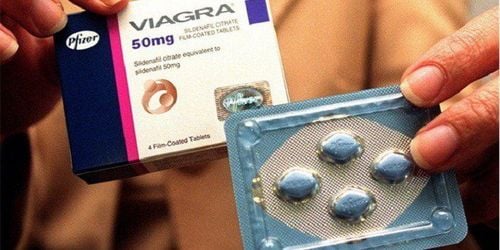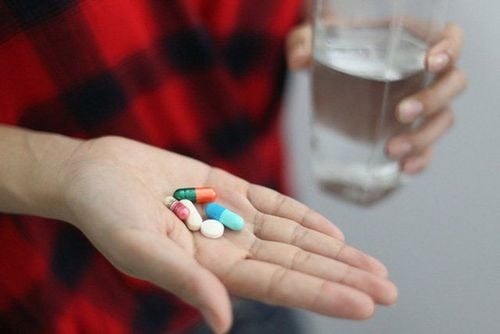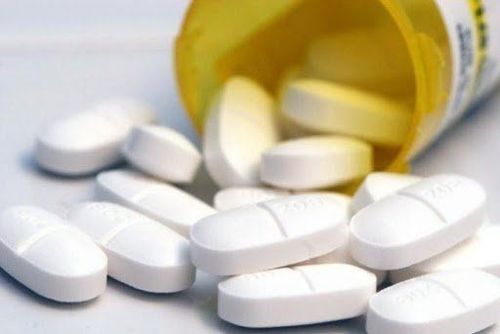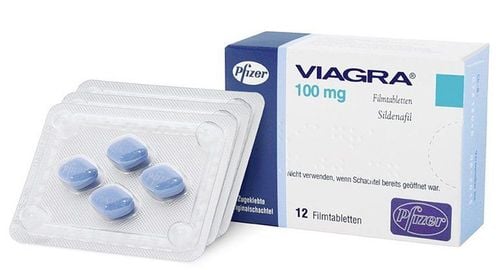This is an automatically translated article.
Although the majority of depression patients are female, there are still many men who face this condition. Depression in men has distinct characteristics. It's not just high stress or mood swings, but depression is also reflected in thinking ability, behavior and health signs.
1. Signs of depression in men
Depression is on the rise and was once considered a disease of the weak, but in fact, each year in the US, more than 6 million men suffer from depression. Characteristics of depression in men are different from women, with signs such as:
Fatigue: Compared with women, men with depression are more likely to experience fatigue, activity more slowly. Sleep disorders: Common symptoms of depression in men are sleeping too much or too little, insomnia or waking up very early. Some patients can sleep up to 12 hours a day and still feel exhausted or wake up after only 2 hours of sleep. Health problems: Despite being a mental health condition, depression in men also alters levels of serotonin and norepinephrine - brain messengers that govern pain and mood, creating symptoms physical symptoms. Abdominal or back pain, constipation or diarrhea, headaches... are physical problems associated with depression. Irritability: Men with depression often react strongly to ordinary things because they always feel uncomfortable and negative thoughts. Difficulty concentrating: Depression in men impairs their ability to process information and focus on work, replacing negative thoughts that fill their consciousness. Anger: Some depressed men will display anger, aggression, or hostility. There are people who realize they are wrong but still try to conservatively prove themselves right. Stress: This is not only an important sign to diagnose and determine the degree of depression in men, but also a leading cause of this disease. Prolonged stress affects both physical and psychological well-being. Anxiety: Anxiety disorders and depression are linked. In fact, men feel less anxious than women when depressed. If so, they will easily share this feeling with the doctor, for example mentioning work problems, difficulties in their own life and family. Alcohol abuse: Alcoholics are twice as likely to develop depression as the general population. Instead of seeking medical solutions, depressed patients often use alcohol or even drugs to mask their feelings. Genitourinary disorders: Depression is a common cause of men's loss of libido and erectile dysfunction. On the other hand, erectile dysfunction and apathy can also be side effects of antidepressants. Inability to make decisions for themselves: Men with depression almost always lose the ability to make choices or decisions like a normal person, due to their brain having problems processing information. Suicidal thoughts: Although not many men have this thought, if they do, their risk of death will be 4 times higher than women because men often choose more deadly methods, especially men old. Some other symptoms of depression that can occur in men include: Food cravings or loss of appetite, weight change, loss of pleasure, guilt or emptiness, social avoidance, participation gambling, unsafe sex, etc.
The above behavioral changes may be due to men trying to hide their illness because they don't want to be seen as weak like women . Attempts to pursue "masculine standards" can make men psychologically inhibited, which eventually leads to self-destructive actions.

Trầm cảm ở nam giới có những đặc điểm khác biệt
2. Causes of depression in men
There are 5 common causes of depression in men, including:
Imbalance of brain chemicals: Specifically, the messenger between dopamine and serotonin neurons. People with depression have low levels of dopamine in their brains, making them less motivated to do anything. Meanwhile, a decrease in serotonin will cause patients to experience disturbances in appetite, mood and sex drive. Low testosterone hormone levels: Scientists say testosterone replacement therapy can help improve mood, as this hormone promotes dopamine production. Stress: Severe and long-term stress increases cortisol levels, leading to depletion and disruption of the body's dopamine system. Men with depression begin to feel lethargic and lose motivation. Excessively high levels of cortisol can also affect the hippocampus in the brain, which regulates consciousness, sleep, and alertness. more sensitive to negative emotional stimuli. Circumstances: Depression in men can be caused by being expected too much. Men are forced to do many things in society, and at the same time have to control their emotions and not share their feelings of sadness and emptiness with their loved ones. In addition, some diseases acquired in old age also contribute to depression in men. Besides, they may experience negative problems in life such as job loss, divorce, loss of loved ones... causing emotional pain that is difficult to overcome. Medication side effects: Certain medications can increase the risk of depression including anticonvulsants, statins, benzodiazepines, corticosteroids, and beta blockers. Men are also prone to fall into bad habits such as drinking, smoking or other dangerous behaviors to improve their mood, thereby affecting both physical and mental health. To treat depression in men, doctors recommend maintaining exercise habits, building a healthy diet, making positive lifestyle changes, and limiting risk factors that affect depression. mentality. If you find that the behavior of yourself or the man you know has changed, pay attention to them and consider seeing a doctor for a general check-up to get an accurate diagnosis, from which there is a treatment plan. Appropriate treatment of depression in men.
Follow Vinmec International General Hospital website to get more health, nutrition and beauty information to protect the health of yourself and your loved ones in your family.
Please dial HOTLINE for more information or register for an appointment HERE. Download MyVinmec app to make appointments faster and to manage your bookings easily.




